Lock Coupling for Drip Irrigation (Joiner | 100 Pcs/Pack)
₦28,600.00
46 people are viewing this product right now
🔥 7 items sold in last 3 hours
Could it be said that you are hoping to add a perfect, clean, and expert shift focus over to your trickle water system framework? Our dribble water system coupler is the right item for you!
We offer lock coupling (joiner) which is a fitting utilized in trickle water system frameworks to associate two areas of dribble tape together.
Appropriately introduced, they will give a release free component to your trickle tape.
They are exceptionally financially savvy and simple to introduce.
They are UV (bright beam) safe, so you can securely use under the sun beams for extensive stretches.
Put in your requests now and we convey cross country.
Buy more save more!
Buy from 5 to ∞ items and get 5% OFF
on each productLock Coupling for Drip Irrigation
We offer lock coupling (joiner) which is a fitting utilized in trickle-water system frameworks to interface two segments of dribble tape together.
Appropriately introduced, they will give a release-free component to your trickle tape.
They are extremely practical and simple to introduce.
They are UV (bright beam) safe, so you can securely use under the sunbeams for extensive stretches.
Lock Coupling for Drip Irrigation
The dribble water system is at times called stream water system and includes trickling water onto the dirt at extremely low rates from an arrangement of little distance across plastic lines fitted with outlets called producers or drippers.
Water is applied near plants with the goal that main piece of the dirt in which the roots develop is wetted, not normal for surface and sprinkler water system, which includes wetting the entire soil profile. With dribble water system water, applications are more continuous (generally every 1-3 days) than with different techniques and this gives a truly good high dampness level in the dirt in which plants can thrive.
Appropriate Crops for Drip Irrigation System
Dribble water system is generally reasonable for line crops (vegetables, delicate organic product), tree and plant crops where at least one producers can be accommodated each plant. By and large, just high-esteem crops are considered as a result of the great capital expenses of introducing a dribble framework.
Benefits of Drip Irrigation
Manure and supplement misfortune is limited because of a restricted application and decreased draining.
Water application proficiency is high whenever oversaw accurately.
Field evening out isn’t required.
Fields with unpredictable shapes are handily obliged.
Reused non-consumable water can be securely utilized.
Dampness inside the root zone can be kept up with at field limit.
Soil type assumes a less significant part in the recurrence of water system.
Soil disintegration is diminished.
Weed development is diminished.
Water dispersion is exceptionally uniform, constrained by the result of every spout.
Work cost is not exactly other water system techniques.
Variety in supply can be controlled by directing the valves and drippers.
Fertigation can without much of a stretch be incorporated with insignificant misuse of composts.
Foliage stays dry, diminishing the gamble of sickness.
Generally worked at a lower tension than different kinds of compressed water system, decreasing energy costs.
Frequently Asked Questions for Lock Couplings in Drip Irrigation Systems
What are lock couplings used for in drip irrigation?
Lock couplings, also known as joiners, are fittings used in drip irrigation systems to connect two pieces of drip tape together. When properly installed, they provide a leak-free connection for your drip tape.
What are the benefits of using lock couplings?
- Convenience and ease of use: Lock couplings are simple to install, requiring no special tools or expertise.
- Durability: They are constructed from robust materials designed to withstand outdoor conditions and UV exposure.
- Reliability: When properly installed, they provide a secure and leak-free connection for your drip tape.
How do I install lock couplings?
The specific installation process may vary slightly depending on the type of lock coupling you are using. However, the general steps are as follows:
- Cut the drip tape: Ensure a clean, straight cut on the ends you intend to connect.
- Insert the drip tape ends: Push the cut ends of the drip tape firmly into the respective sides of the lock coupling.
- Lock the coupling: Depending on the design, you may need to snap the coupling closed or tighten a locking ring.
It is crucial to follow the specific instructions provided with your chosen lock couplings for proper installation.
Are lock couplings UV resistant?
Yes, most lock couplings are UV resistant, meaning they can withstand prolonged exposure to sunlight without degradation. This ensures long-lasting performance in outdoor drip irrigation systems.
What types of crops are suitable for drip irrigation?
Drip irrigation is well-suited for a wide range of crops, including:
- Row crops (vegetables, fruits)
- Tree and vine crops
- Ornamental plants
In general, drip irrigation is often considered more cost-effective for high-value crops due to the initial investment required for system setup.
What are the benefits of using a drip irrigation system?
Drip irrigation offers numerous advantages compared to other irrigation methods:
- Reduced water waste: Water is applied directly to the root zone, minimizing evaporation and runoff.
- Improved fertilizer efficiency: Nutrients can be delivered directly to the root zone along with irrigation water, reducing fertilizer waste.
- Reduced disease pressure: Dry foliage helps minimize the spread of fungal diseases.
- Weed control: Less water on the soil surface discourages weed growth.
- Labor efficiency: Drip irrigation systems are often automated, requiring less manual labor for operation.
Only logged in customers who have purchased this product may leave a review.
Related products
₦19,463.75
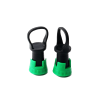
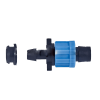
₦27,955.00

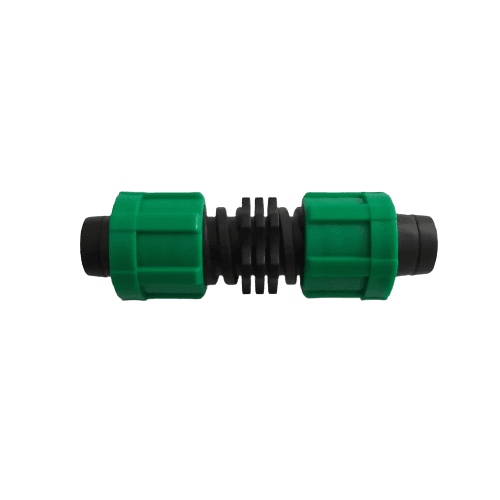
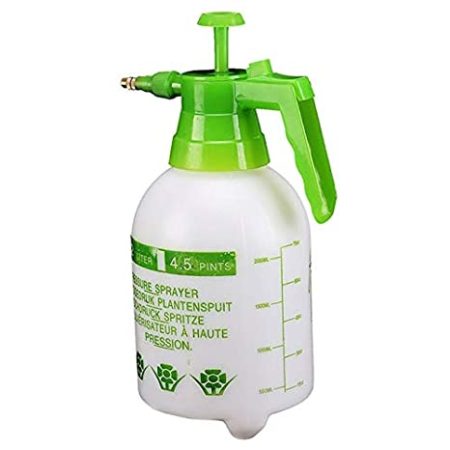
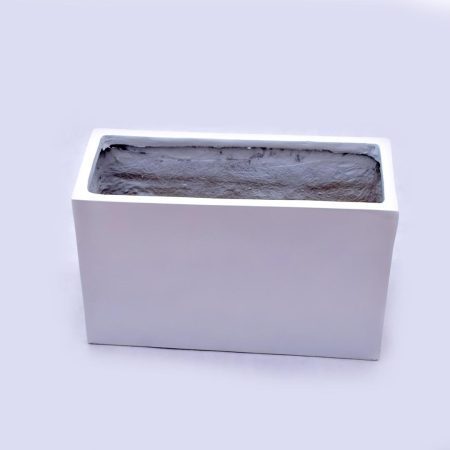
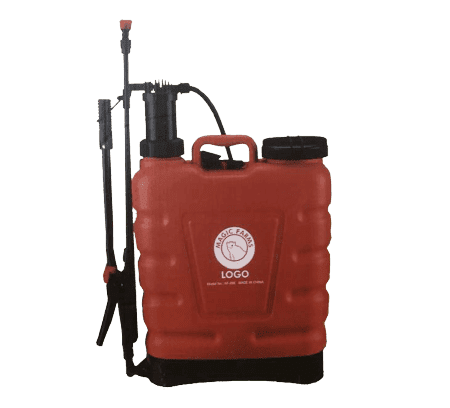

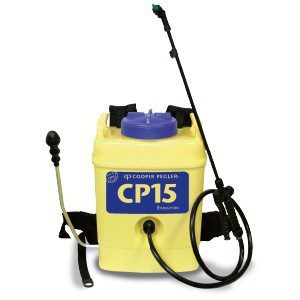
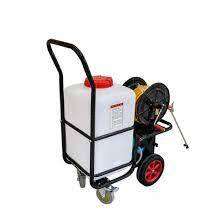
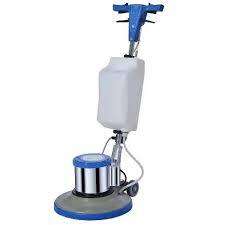
Reviews
There are no reviews yet.